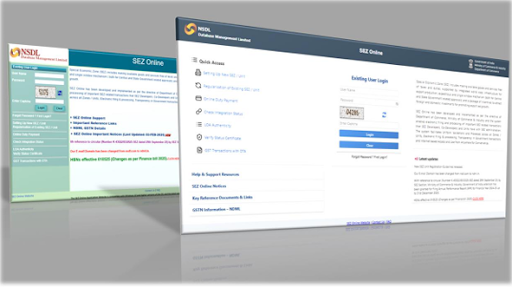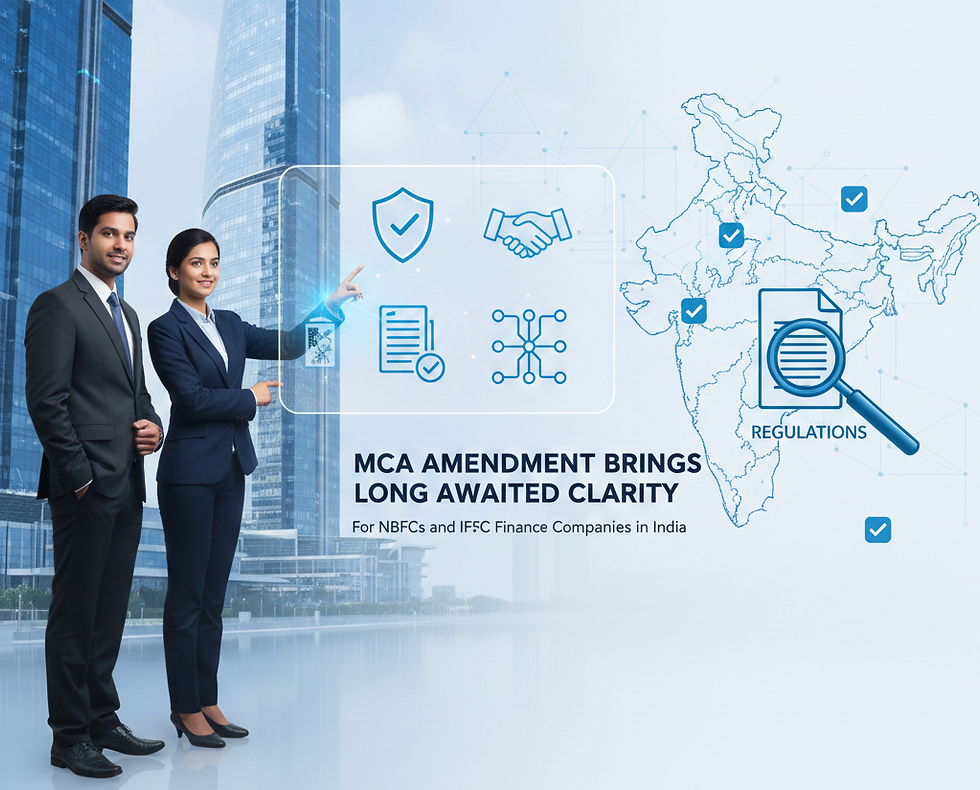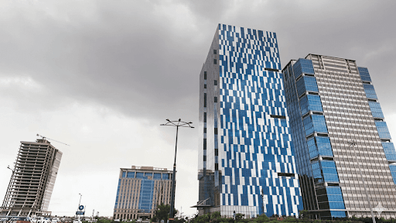The Next Frontier in Dispute Resolution: Inside GIFT IFSC’s Proposed International Arbitration Centre
- GIFT CFO
- Aug 7
- 4 min read
INTRODUCTION
International business is dynamic, complex, and often marked by cross-border contracts and alliances. As India advances its global stature by developing GIFT City IFSC (International Financial Services Centre) as a premier hub for finance and investment, there’s an equally crucial need for robust mechanisms to resolve commercial disputes efficiently and credibly.
The recently published Expert Committee Report on the proposed International Arbitration Centre (IAC) at GIFT IFSC marks a landmark step in this journey. Here’s an in-depth look at its vision, architecture, and unique features—and why they matter for businesses and investors worldwide.

Why GIFT IFSC Needs a World-Class Dispute Resolution System ?
A financial center’s global reputation depends as much on contract enforcement as on product innovation or tax friendliness. Investors and multinational companies look for assurance that, if a commercial conflict does arise, it will be resolved transparently, swiftly, and in a manner aligned with international standards.
GIFT City IFSC represents India’s ambition to not only compete with but also set new benchmarks against established global hubs like Singapore, Dubai, and London. An innovative, independent, and technology-driven dispute resolution institution is critical to realize that vision.
From Arbitration Alone to a Full ADR Ecosystem
While the Union Budget originally called for an International Arbitration Centre for GIFT City, the Expert Committee envisioned something broader: the Alternative Dispute Resolution Centre (ADRC). Why this shift?
· Global Best Practice: International centers now offer a full range of services—arbitration, mediation, hybrid modes like Arb-Med-Arb, and online dispute resolution (ODR).
· Investor Confidence: Companies want flexibility—whether the dispute is best resolved by arbitration or by consensus-driven mediation.
· Efficiency: Holistic offerings mean businesses spend less time and money entangled in long, multi-jurisdictional lawsuits.
What Sets the Proposed ADRC Apart?
1. Party Autonomy and Choice of Law
· Users, whether Indian or foreign, can select any governing law (including foreign law) in their contracts and resolve disputes at GIFT IFSC—an unprecedented flexibility in India.
· This addresses a gap long lamented by international businesses used to choosing English, Singapore, or New York law.
2. Technology at the Core
· Embraces online hearings, e-filing, virtual case management, and document-only arbitration for faster and more affordable dispute resolution.
· Adopts ODR platforms and multilingual interfaces to serve a diverse, global clientele.
3. Expedited Resolution & Case Management
· Strict timelines for every stage of the process—minimizing adjournments and delays.
· Incentives (and penalties) for arbitrators, mediators, and parties to adhere to deadlines.
· Optional “documents-only” court challenges to arbitral awards, limiting the need for drawn-out oral arguments.
4. Judicial Support and Minimal Court Intervention
· Fast-track challenges and appeals: All judicial matters arising from IFSC disputes go to a specially designated bench of the Gujarat High Court (with a vision for a specialized IFSC International Court in later phases).
· Single level of court challenge—further appeal only by way of special leave to the Supreme Court, preventing endless litigation loops.
5. Internationalization and Inclusion
· Allows appointment of foreign arbitrators, mediators, and even judges (over time), boosting global trust and neutrality.
· No rigid accreditation or grading of neutrals: Parties or the institution select professionals based on expertise and reputation, mirroring leading global centers.
6. Third-Party Funding (TPF) Encouragement
· TPF—where an external party finances a claim for a share in the outcome—is expressly recognized. Transparent disclosure, conflict-of-interest rules, and regulatory clarity make high-value cases more accessible.
7. Confidentiality and Cybersecurity
· Proceedings, documents, and filings are protected, yet processes are designed to allow authorized third-party access (like TPF providers) where necessary.
The Regulatory and Legal Blueprint
The report proposes targeted amendments across multiple statutes:
· IFSCA Act: Expands IFSCA’s powers to govern ADR services within IFSCs, allowing it to shape rules distinct from those onshore in India.
· Arbitration and Conciliation Act, 1996: New provisions for IFSC-seated arbitrations—lower timelines, wider party autonomy, flexibility on procedural and substantive law, streamlined court support, and direct powers for IFSCA to frame regulations.
· Mediation Act, 2023: Tailored rules for mediation at IFSC, ensuring the use of international and commercial mediators based on global qualifications, not just Indian standards.
· SEZ Act, 2005: Carves out dispute resolution at GIFT IFSC from domestic SEZ processes, reinforcing its special status.
Institutional Design Inspired by the Best
· Section 8 Company (Not-for-Profit): Like SIAC (Singapore) and LCIA (London), the ADRC will be wholly independent, not government-controlled.
· Autonomous Board and Advisory Councils: Blend of local and international experts for strategic oversight, day-to-day management, and constant rule evolution.
· Self-Regulating Ruleset: The center will have full control to amend its own rules and codes of conduct, ensuring agility and responsiveness to trends.
The Three-Phase Judicial Approach
1.Phase I: A designated Gujarat High Court bench for IFSC ADR cases.
2.Phase II: Statutory establishment of an IFSC International Court for all such matters, with wide powers short of criminal and writ jurisdiction.
3.Phase III: Inclusion of international judges, as seen in Singapore and Dubai—ensuring global expertise and trust.
Professionalism, Training, and Ethics
· No mandatory accreditation, enabling a broader talent pool and increased party choice.
· All mediators and arbitrators must adhere to a strict code of ethics, with the ADRC empowered to discipline those who breach it.
Roadmap to Realization
Immediate steps:
· Set up ADRC’s secretariat and digital infrastructure.
· Appoint international and local experts to advisory and executive councils.
· Launch public awareness and capacity-building campaigns in India and abroad.
Medium-term:
· Pursue statutory amendments.
· Develop strategic partnerships, train professionals, and expand technology offerings.
· Foster reciprocal arrangements for enforcement of awards and judgments with other international arbitration centers and courts.
How Does This Help India and Global Businesses?
· Investors get certainty: Fast, fair, final decisions in disputes build confidence and attract international capital.
· Reduced legal risk: Clear, enforceable, and global-standard contracts lower the cost of doing business.
· India reclaims its disputes market: By keeping complex, high-value cases within the country (not rerouted to Singapore, London, or Paris), the financial and reputational benefits remain at home.
Conclusion: A New Era for Dispute Resolution in India
The proposed International Arbitration and ADR Centre at GIFT IFSC promises to transform India’s approach to resolving global financial, commercial, and cross-border disputes. Through party autonomy, cutting-edge technology, international expertise, and deep regulatory reform, GIFT City aims to create a world-class ecosystem—benefiting not just Indian but global investors and enterprises for years to come.
For companies, legal professionals, and investors: Now is the time to explore, engage, and shape the next frontier in India’s international dispute resolution landscape—right from the heart of GIFT City.


























































































Comments